Boko Haram militants ambushed a military convoy in northeastern Nigeria, killing more than a dozen military and police personnel, the army said on Wednesday, December 26.
But an officer, speaking on condition of anonymity, said the militants had overrun an army base, and put the death toll at 18.
An army statement said the attackers ambushed a military convoy late Monday on a highway linking Maiduguri, the capital of Borno state, with Damaturu in neighboring Yobe state.
“Sadly, 13 military and a police personnel … paid the supreme price while extricating themselves from the ambush,” said the statement, signed by military spokesperson Colonel Onyema Nwachukwu.
The attack followed an attempted raid on a nearby military base along the highway in Kukareta village, 20 km (12 miles) from Damaturu, Nwachukwu said.
That attack was “repelled” by troops who “engaged and overpowered the terrorists, killing several of them,” Nwachukwu said, adding that a soldier was injured.
Other sources blame Islamic State West Africa Province, put death toll at 18
Other security sources said fighters traveling in eight technicals – trucks fitted with anti-aircraft guns – had overrun the base.
“The terrorists killed 17 soldiers in the attack, which lasted for more than an hour,” an officer told AFP on condition of anonymity.
“They took over the military base after overpowering troops and burnt it down. A policeman was killed when their vehicle which was heading to Damaturu ran into crossfire but the driver escaped unhurt,” the military source said.
The assailants were from the Islamic State West Africa Province faction of Boko Haram, the sources said.
A medic in Damaturu hospital said 18 bodies were taken to the morgue late on Monday. A civilian militiaman in the area gave a similar account and said the fighters withdrew after torching the base.
“They burnt the base and two military vehicles. They also burnt two primary schools in Kukareta and neighboring Ngaurawa village,” said the militiaman.
The 120-km (75-mile) Maiduguri-Damaturu highway has seen repeated attacks, including raids on military bases and markets.
In the worst attack targeting motorists, Boko Haram fighters disguised as soldiers blocked the highway and killed 167 people in September 2013.
Surge in Boko Haram attacks
Boko Haram split into two factions in mid-2016 over ideological differences. One is led by Abu Mus’ab Al-Barnawi and largely focuses on attacking military and government targets, while the other, led by Abubakar Shekau, is notorious for suicide bombings and indiscriminate killings of civilians.
Shekau has pledged allegiance to ISIS leader Abu Bakr Al-Baghdadi, but ISIS central gave its formal backing to the Barnawi faction, which is known as Islamic State West Africa Province.
ISWAP has lately intensified its armed campaign, launching a number of major assaults on military targets in Borno and neighboring Yobe state amid signs of a takeover by more hardline leaders.
There have been dozens of attacks on military bases since July. Most of the attacks have been blamed on ISWAP, or claimed by ISIS as ISWAP attacks. There has been an upsurge in attacks by both factions in recent weeks.
On December 17, Boko Haram militants killed one soldier and injured another when they briefly seized a military base in Mairari village close to the garrison town of Monguno.
Three days earlier, ISWAP fighters attacked a military base in Gudumbali. The Nigerian army said one solder was killed, and ISIS claimed ISWAP fighters killed five troops, while other reports said a dozen or more died.
The same day, Nigerian soldiers were killed in roadside bomb blast near Gamboru thought to have been planted by the Shekau faction.
Boko Haram fighters attacked a military base in Gulumba killing at least two soldiers on December 8. The attack involved a suicide bomber, a hallmark of the Shekau faction.
Three civilians were killed in fighting between troops and ISWAP in Jakana on December 7.
Two military bases were attacked in the Rann and Bama areas of Borno on December 6 and 7.
On December 4, ISWAP fighters launched an assault on a military base in Gudumbali, sparking a fierce firefight in which two soldiers were injured.
ISWAP fighters attacked a military base in Mallam Fatori near the borders with Niger and Chad on December 3. One soldier was killed and several others were injured in the attack.
On December 1, an ISWAP attack in the Yobe state village of Buni Gari left eight soldiers dead, the Nigerian army said, while ISIS claimed ISWAP fighters killed 17 soldiers.
Also on December 1, ISIS claimed ISWAP killed eight Nigerian soldiers and wounded 17 others in an attack near Gamboru. The Nigerian Army said that it captured weapons and stores during “offensive patrols” in the area, but did not mention army casualties.
The military on November 30 lashed out at the media, saying some media outlets were “creating erroneous impression of the Nigerian Army through inaccurate and false publication of casualty figures.”
The military has even threatened legal action against organisations publishing unofficial figures.
Borno and Yobe states, along with nearby Adamawa state, have born the brunt of nine years of jihadist violence that has claimed 27,000 lives and forced 1.8 million people to flee their homes. The conflict has also spilled over into Nigeria’s northern neighbours Chad, Niger and Cameroon.
The recent surge in Boko Haram attacks has increased pressure on President Muhammadu Buhari, who was elected in 2015 on a promise to defeat the Islamists and has repeatedly said they are virtually defeated. His administration wants to show it is winning the fight against Boko Haram ahead of a presidential election in February at which he will seek a second term in office.
With reporting from AFP


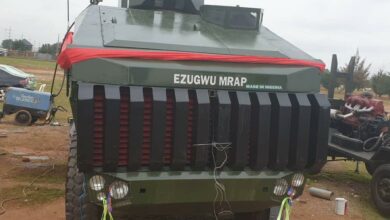
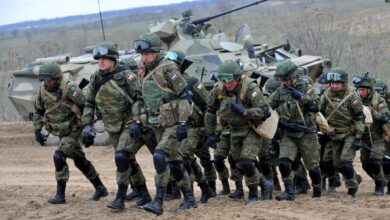

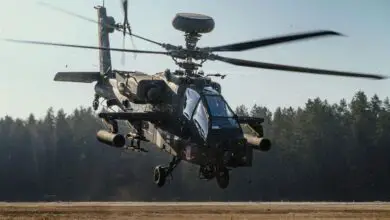
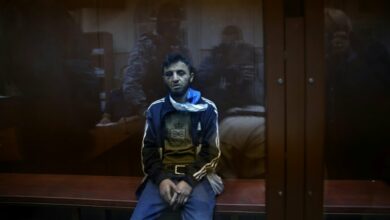
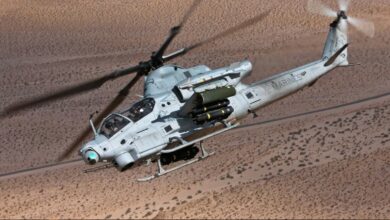

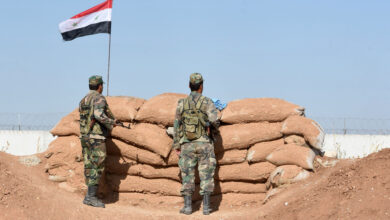
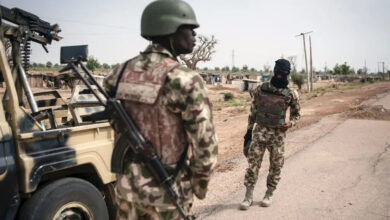
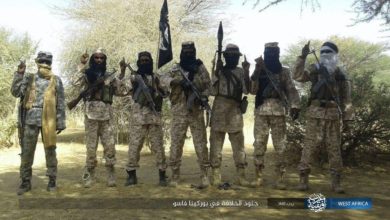
One Comment